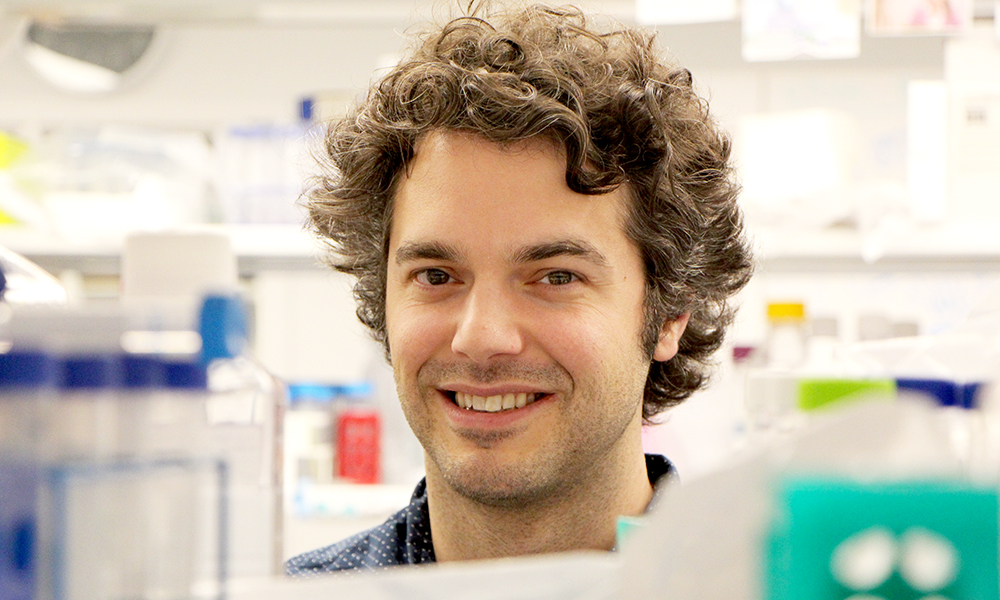We are thrilled to announce that MCB’s Nicholas Bellono, has been honored with the 2024 Tianqiao and Chrissy Chen Young Investigator Award from the Society for Neuroscience (SfN). Bellono shares this prestigious award with co-winner Catherine Peña, an assistant professor at the Princeton Neuroscience Institute.
This award recognizes exceptional early-career scientists making groundbreaking contributions to the field of neuroscience. Bellono’s research focuses on the molecular and cellular mechanisms underlying sensory adaptation with an emphasis on the evolution of novel sensory systems in diverse species like cephalopods and sea robins. His work explores how environmental challenges shape sensory capabilities at the cellular level, offering insights into evolutionary biology and neuroscience. Read more about two of his latest papers, just published in late September.
“I am delighted that Nick has been recognized with this award,” says MCB Chair, Rachelle Gaudet. “Nick’s research is special because he has made an impressive series of discoveries showing how different types of ion channels can readily evolve new specializations, demonstrating the remarkable adaptability of sensory proteins throughout evolution.” Gaudet also acknowledges how Bellono also captures the imagination of anyone curious about nature because his research sheds light on fascinating species like octopuses, sea anemones, and sea robins.
“It’s exciting to receive such an award which, to my surprise, indicates that our work has inspired a broader scientific community,” says Bellono. “Any such recognition is really a reflection of the fantastic people in the lab who continue to do creative and curious work in new directions. I expect we will continue to follow the unexpected, do comprehensive studies, even if in different areas, and challenge ourselves to learn something new about the world around us.”
Bellono completed his PhD at Brown University and did postdoctoral training at the University of California, San Francisco. He joined the faculty at Harvard in 2018, where his innovative research continues to advance our understanding of sensory biology.
We congratulate Nick on this remarkable achievement!





